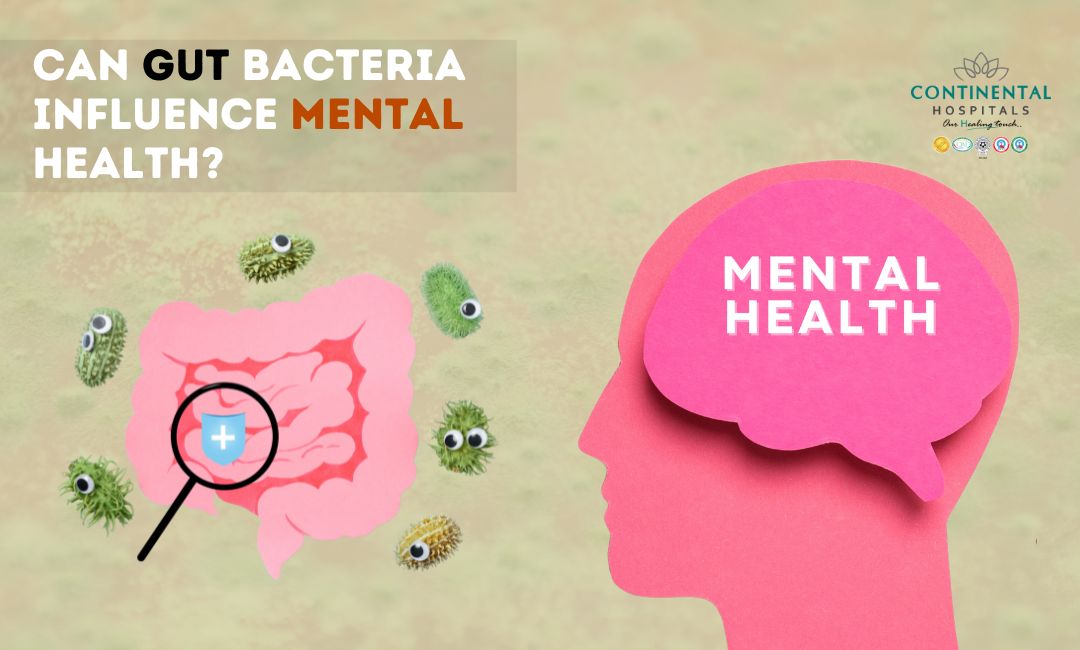
The Gut-Brain Axis: An Essential Factor in Mental Health Disorders
The complex relationship between the gut and the brain, referred to as the gut-brain axis, is crucial in mental health disorders such as schizophrenia, bipolar disorder, depression, and anxiety. This axis entails intricate communication between the intestinal microbiome and the brain through neural (vagus nerve), immune (cytokines), and metabolic channels. Changes in the gut microbiome, specifically dysbiosis, can disrupt the regulation of the hypothalamic-pituitary-adrenal (HPA) axis, influencing stress responses and hormonal equilibrium. Microbial metabolites such as short-chain fatty acids (SCFAs) also play a role in psychiatric symptoms.
Schizophrenia:
A 2024 study conducted by Chinese researchers revealed that individuals with schizophrenia have reduced microbial diversity compared to control subjects, lacking beneficial bacteria like Faecalibacterium and Blautia, which generate anti-inflammatory SCFAs. The research also identified an excessive presence of potentially harmful bacteria such as Prevotella and Clostridium, suggesting a dysbiotic state.
Mood Disorders:
Mood disorders, defined by significant emotional disturbances, show alterations in gut microbiota as well. In 2019, Chinese researchers observed reduced diversity in those with bipolar disorder and depression. Certain bacteria such as Bacteroides were found to be less prevalent, while Clostridium was more common. A 2021 review from Switzerland additionally underscored the decreased presence of beneficial bacteria like Bifidobacterium in mood disorders, correlating altered microbial metabolites like butyrate with depressive symptoms and compromised neuroplasticity.
Impact on Brain:
Dysbiosis elevates gut permeability, permitting inflammatory substances to enter the bloodstream and possibly compromise the blood-brain barrier. Beneficial gut bacteria generate SCFAs, which exert anti-inflammatory properties. A decline in beneficial bacteria results in a reduction of SCFAs, causing heightened inflammation and possible adverse effects on brain function. Furthermore, gut bacteria affect neurotransmitter production, consequently influencing brain signaling.
Interventions:
To enhance gut health and potentially mitigate psychiatric conditions, options such as probiotic supplementation, prebiotics, dietary modifications, and fecal microbiota transplantation may be considered. Probiotics can alter gut microbiota composition, positively affecting mood and diminishing depressive symptoms. Dietary adjustments that promote fiber and SCFA-producing bacteria may help stabilize mental well-being.
In summary, the gut-brain axis has a profound influence on mental health, and comprehending its function can pave the way for new therapeutic strategies for psychiatric disorders. Improving gut health presents a promising opportunity for enhancing mental wellness.